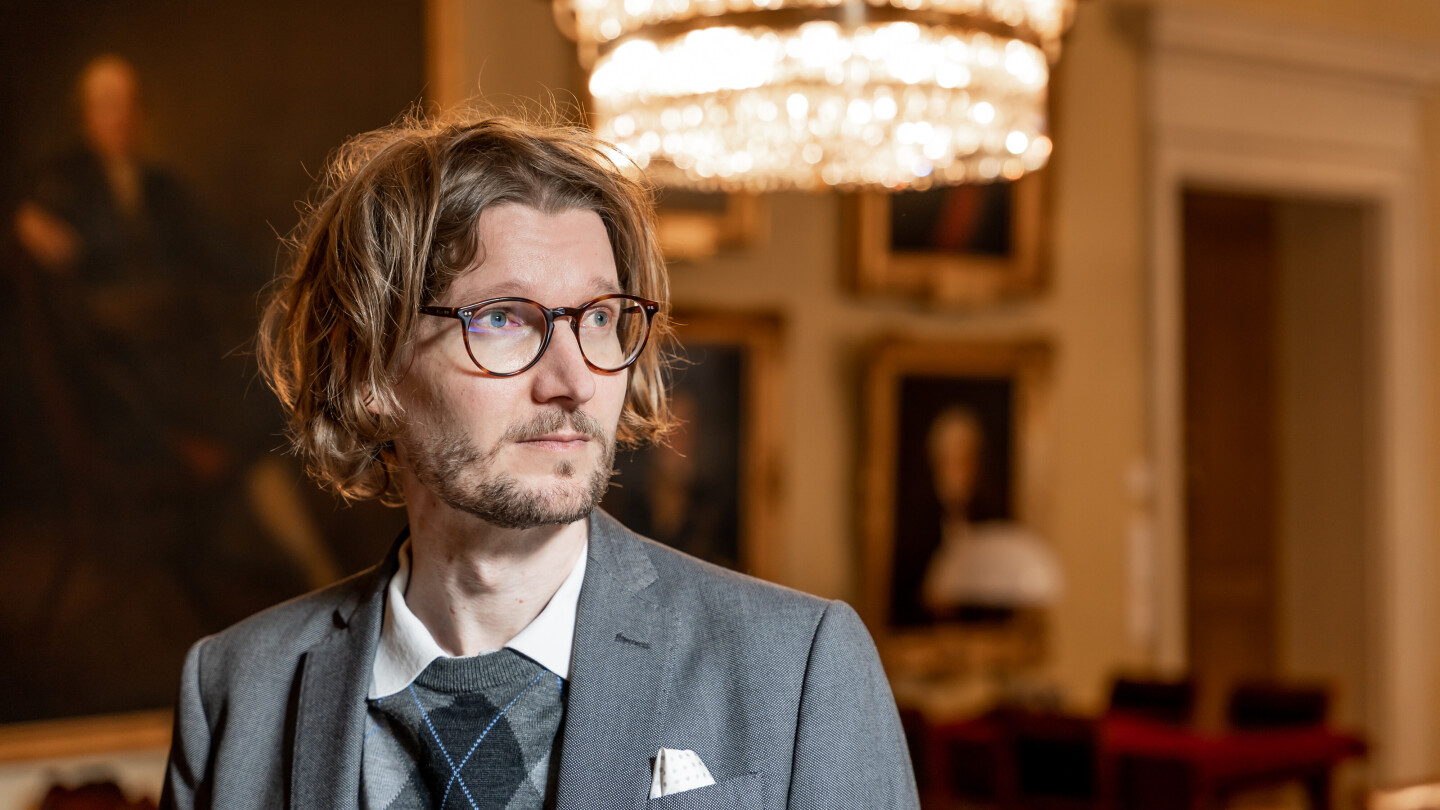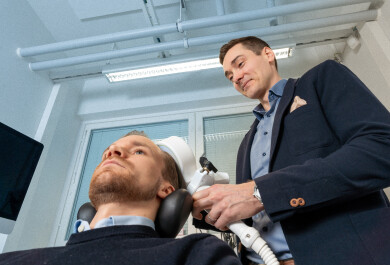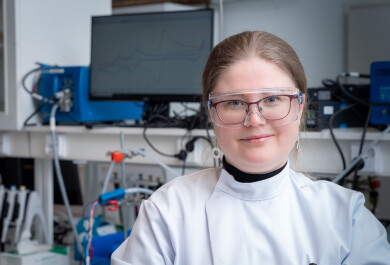Tatu Hyttinen: “Harsher Punishments Do Not Reduce Crime”
Assistant Professor in Criminal Law Tatu Hyttinen sees great changes on the horizon of criminal law.
“I find criminal law very exciting because it can be extremely theoretical while at the same time being highly practical. Not many of us are able to participate in discussions about physics or biochemistry to any degree, but people are fairly familiar with the nuances of criminal law and societal discussions related to criminal law are followed closely. This is based on the fact that criminal law touches on most of our lives; not necessarily directly, but indirectly.
Listening to the societal discussion, you cannot help noticing that an increasing number of people support more severe criminal law sanctions. Researchers of criminal law are often criticised in public discussion when they try to remind people that increasing the severity of punishment does not necessarily deter crime. In the United States, for example, the criminal sanctions are extremely severe, but serious crime is still highly prevalent in the society. On the other hand, the legal system in Finland is gentler, but the society is also safer. In my opinion, social safety networks and their broad coverage have a crucial role in maintaining social balance.
International integration is, however, putting more pressure on increasing the severity of punishments also here in Finland. In the European Union, for example, the criminal acts of the member states were recently harmonised to include a maximum criminal sanction of five years for payment frauds. This is not necessarily a good development, as it brings certain type of inconsistency to our criminal legislation.
I have a feeling that there are also other types of changes on the horizon of criminal law. This intuition is based on the development that has been taking place in science and technology during our lifetime.
The same questions which have been considered throughout the history of western philosophy lie at the heart of legal science. Ever since Plato, our basic conception has been that guiltiness is something that applies to a single person acting of their free will. However, in the era of digitalisation, we are forced to consider whether we should develop different types of collective sanctions to force companies like Facebook carry responsibility for the offences that take place on their platforms.
Another interesting question relates to the development of cognitive sciences. If, in the future, we will be able to demonstrate more explicitly that a person is unable to control their behaviour, it will have a fundamental impact on the process of proving someone guilty in criminal law.”
Text: Tatu Jännäri Photos: Hanna Oksanen Translation: Lotta Junnila




